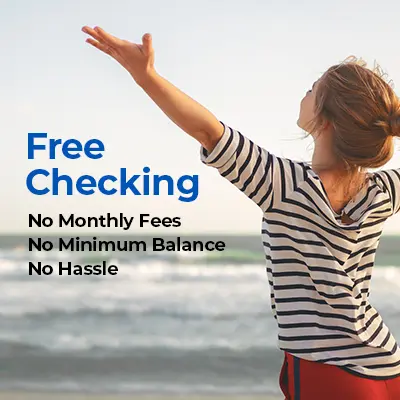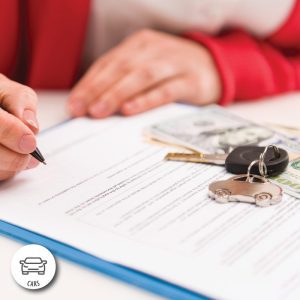Q: I love the convenience of payment apps, like Cash App and Venmo, but I’ve heard there’s been an increase in scams being pulled off within these apps. How can I continue to use my payment apps without compromising my safety?
A: Payment apps offer users the ability to effortlessly send payments to friends, making it easy to split the tab at a shared meal, buy a present for a mutual friend and quickly pay back a small loan. Unfortunately, though, scammers are using these apps to cheat people out of their money.
Here’s all you need to know about payment app scams and how to protect yourself from being the next victim.
How the scam plays out
There are several variations of the mobile payment app scam, most of which involve the scammer hijacking the victim’s linked checking account or credit card and using it to pay for their own purchases. Now, though, with the COVID-19 pandemic changing people’s attitudes toward money, there is another, more nefarious scam being played out through mobile payment apps.
In this trending scam, a payment app user is invited to participate in a contest on Twitter or another social media platform. The host of the contest is giving away a bundle of cash to one lucky winner as a way of helping them through the economic downturn caused by COVID-19.
After entering the contest, the victim receives a message informing them that they’ve won the giveaway — but they need to pay a small fee to verify their account and, later, receive their cash prize. Thrilled to be the winner and suspecting nothing unusual, the victim will gladly pay the fee and wait for their big payday. Unfortunately, though, the money never lands in their account, and they won’t see the funds they used to pay the “fee” ever again.
In the above scenario, the contest the victim entered may actually be authentic, but the follow-up post they’ve received is the work of a scammer.
Sometimes, the victim has not entered any contests but receives a message appearing to be sent directly from the payment app informing them they’ve been randomly chosen to win a cash prize — with a small processing fee attached.
Other times, scammers take the ruse one step further. After asking the victim to send the fee via mobile payment app, the scammer hacks the victim’s linked account or credit card and uses it to make their own expensive purchases.
Scammers use keywords like #coronavirus and #emergencyfunds to make their social media posts appear authentic; their efforts often pay off.
“My goal is to help those in need,” one scammer in Florida wrote. “Your deposit allows us to immediately send you your payment.”
The scam can be pulled off through any payment app, but is especially popular with Cash App users who are familiar with the app’s “Cash App Fridays.” To the unsuspecting victim, the new freebies seem like an extension of the app’s existing giveaways.
Likewise, the scam can be executed through several social media platforms, but is most commonly found on Twitter. The social media giant is a popular host for contests of this sort, and another cash giveaway hardly stands out. The “Retweet” culture on Twitter also makes it easy for scammers to pick up on a legitimate contest and choose a participant to target.
“This behavior is absolutely against our rules and outlined as such here,” Twitter spokesperson Lauren Alexander wrote in an email. “Users who see such scams should go to the ‘Suspicious and Spam’ category to report the scam.”
Protect yourself
Luckily, you don’t need to give up on the convenience of mobile payment apps just yet. Protect yourself from this scam by learning about the medium used to pull it off and how to recognize the scam’s red flags.
Here’s what you need to know about Cash App and other mobile payment apps:
- – Cash App will never ask customers to send it money as a “processing fee” or for “verification.”
– Cash App will not ask users to share their PIN or sign-in code outside the app.
– Cash App currently has only two official Twitter accounts, @cashapp and @cashsupport, both of which have blue, verified check marks. If you receive a tweet from another account appearing to be from the app, it is likely bogus.
Tips to protect yourself:
- – Never send or receive P2P payments from someone that you do not know
– Fund your payment with a credit card. It’s harder to dispute charges with a debit card
– Use payment services that offer buyer protection such as PayPal, eBay, or Amazon
– Create strong, unique passwords
– Use multi-factor authentication whenever possible
– Stay away from public wifi
– Disable auto-login
– If a post or tweet looks suspicious, don’t take any chances; ignore it and move on.
If you believe you have fallen victim to a mobile payment app scam, contact the app’s support through the app or website. If the scam is reported early enough, they may be able to reverse the transaction. You can also report the scam to the FTC at ftc.gov and let your friends know about the circulating scam so they don’t fall victim to it themselves.
Mobile payment apps make transferring money easy, but they also make it easy for scammers to con victims out of their money. Stay alert and practice caution to keep your money safe.












